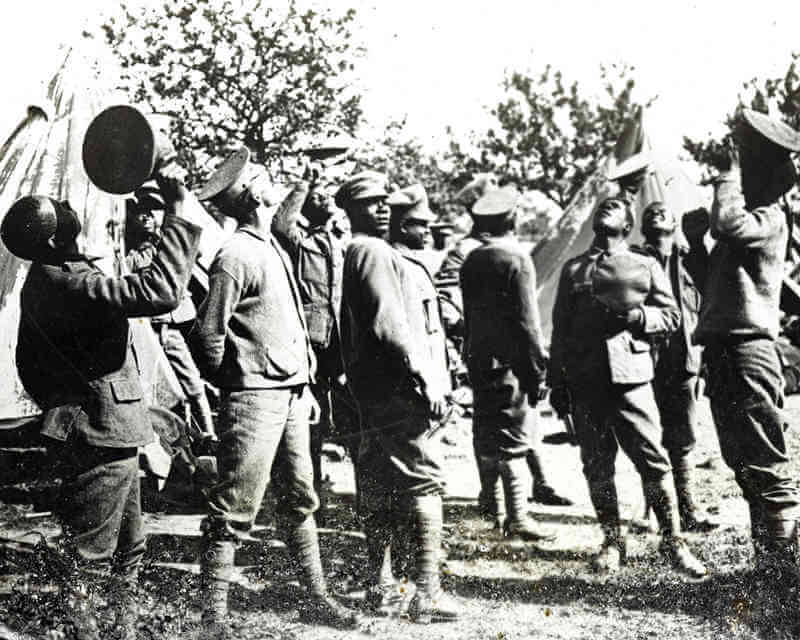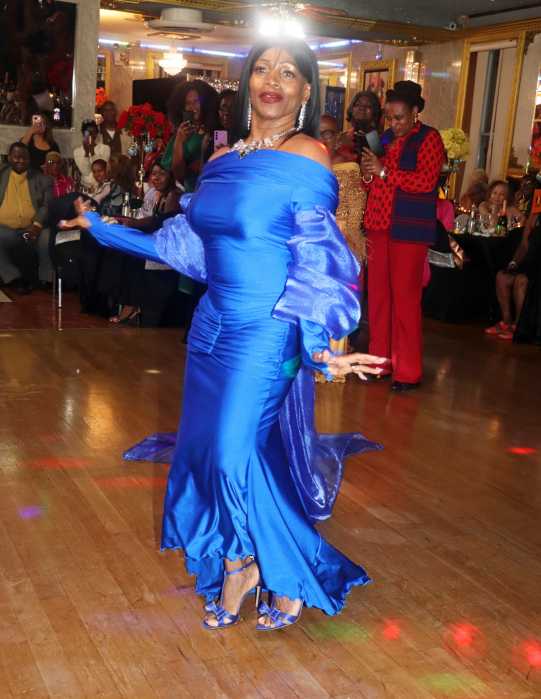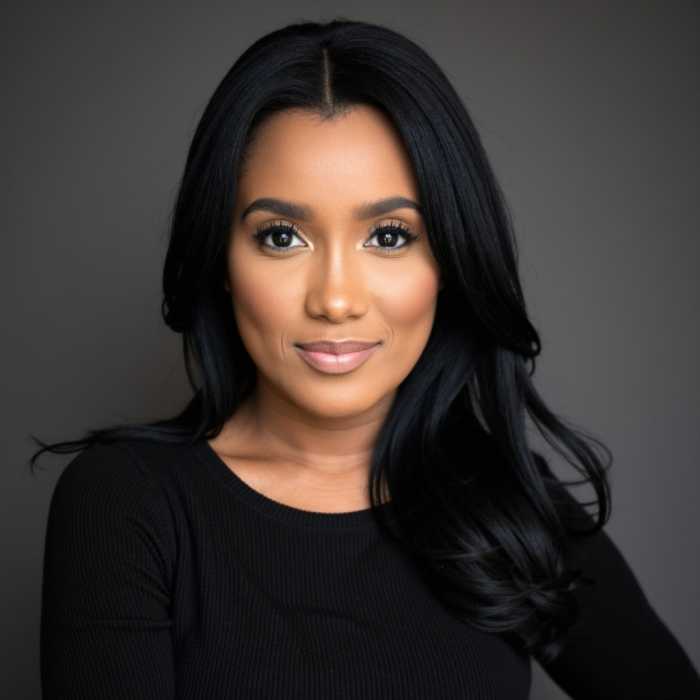With the celebration of Remembrance Day in the Caribbean on Sunday, Caribbean veterans who participated in World War One are lamenting the treatment meted out to them.
Exactly a century since the Great War ended, the stories of the Europeans who fought for freedom are well-documented, according to the British Broadcasting Corporation.
But far less is known about the 16,000 men and women from the Caribbean who voluntarily enlisted, the BBC said.
Keith Eastmond, Antigua and Barbuda’s Ex-Servicemen’s Association, said these nameless men and women of color have been “airbrushed” from history.
“We have no definitive number for how many people from Antigua and Barbuda joined the war efforts,” he told the BBC.
“The Caribbean was keen to support the mother country, as they saw it then,” he added. “But Britain was reluctant to let West Indian soldiers fight white Europeans in those days.”
The BBC said the region’s pleas to assist initially fell on deaf ears, stating that it was not until the need for extra manpower grew so great that King George himself called on the Caribbean colonies to help.
In October 1915, the British West Indies Regiment (BWIR) was formed. Two-thirds of its men were from Jamaica, the rest hailing from the Bahamas to then British Guiana, the BBC said.
But it said, despite receiving a heroes’ welcome when they arrived in England, the Caribbean soldiers were not permitted to fight as equals alongside their white counterparts.
Most served for lower pay in the Labor Corps transporting ammunition, digging trenches, building roads and railway lines, the BBC said.
It said the backbreaking work was often carried out within range of German artillery and snipers, resulting in several deaths.
“It was dangerous in other ways, too,” the BBC said. “A common task was extinguishing fires in burning, sometimes already exploding, ammunition dumps.”
It said Caribbean soldiers were later praised for their high morale and cheerful demeanor in the face of exhausting toil.
Among the first Caribbean casualties to return home were those aboard troop ship SS Verdala, diverted via Halifax, Canada, while en route to England to avoid German U-boats, according to the BBC.
It said the freezing conditions and inadequate uniforms saw more than 100 men suffer amputations of frostbitten fingers and limbs.
“Blacks were begrudgingly accepted into the war effort, but their support was absolutely essential,” says Ex-Servicemen’s Association chairman Pagget Messiah. “Without it, the outcome would have been very different.
“The history of the Caribbean’s contribution is also the history of our social struggles for acceptance as part of the human race,” Messiah added. “The war heralded a major step towards the freedoms we enjoy today, a slackening of colonial reins and our people’s ascent into various administrative roles in their homeland.”
The BWIR had lost around 1,200 men by the time the war ended in 1918, less than 200 in combat, the rest from disease. It also earned 81 medals for bravery, the BBC said.
Today, it said the names etched into the brass on the national war memorial in Antigua and Barbuda are just a fraction of those lost in World War One.
Most are from World War Two, to which many Antiguans and Barbudans again voluntarily enlisted, the BBC said.
Maurice Appleton, one of the country’s two surviving World War Two veterans, now 92, told the BBC: “We were part of Britain then, and I felt British. I was stationed in Antigua on general army duties. We wanted to help what we thought of as our country.”
The BBC said association members know they may never identify all those lost in the 1914-1918 conflict.
“But they are determined to bring into focus the sacrifice of those who, despite a fractured history with colonial Britain, left homes and families, and gave lives in loyalty to the mother land,” it said.





















